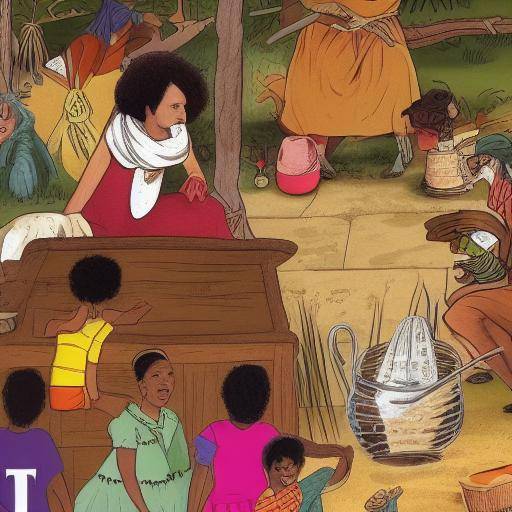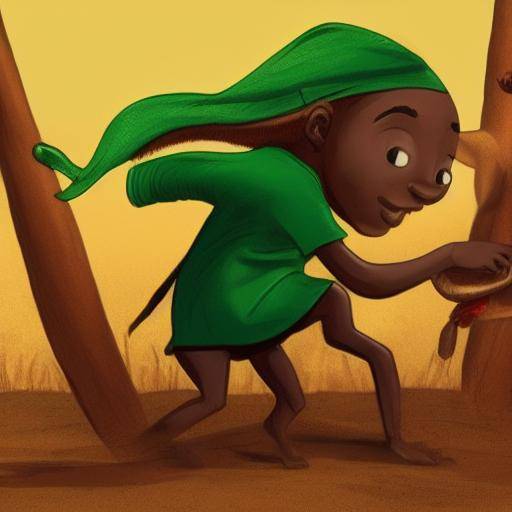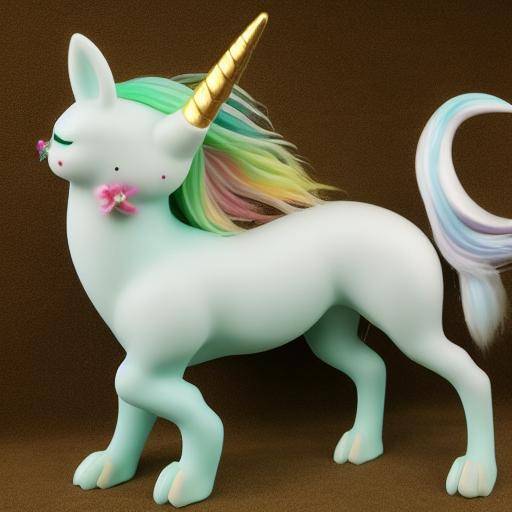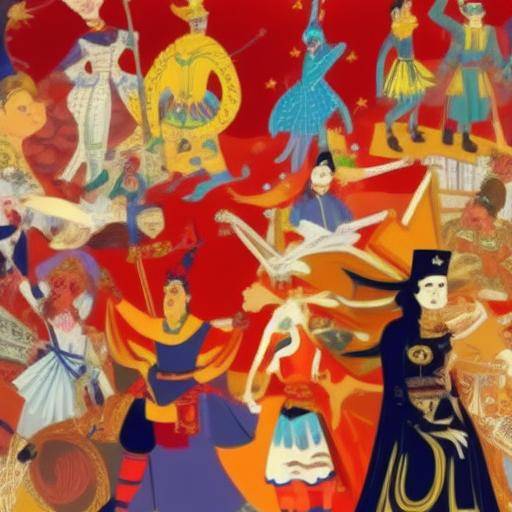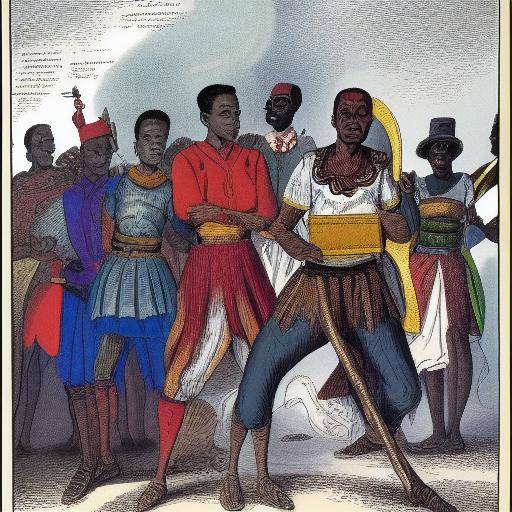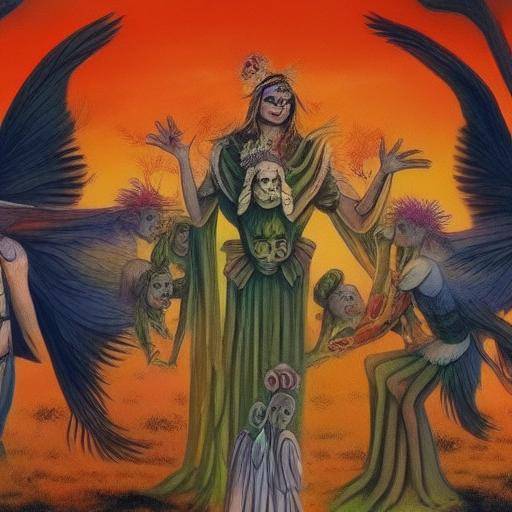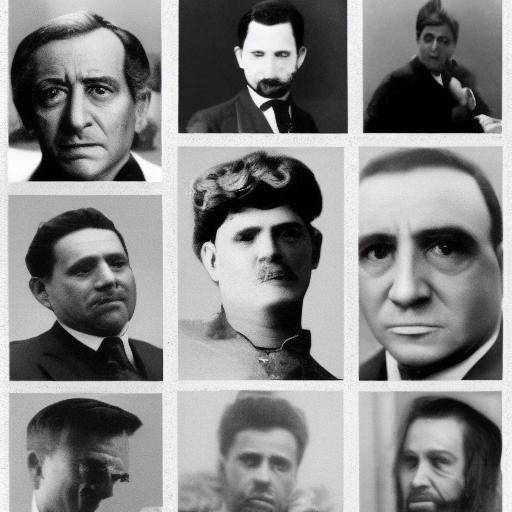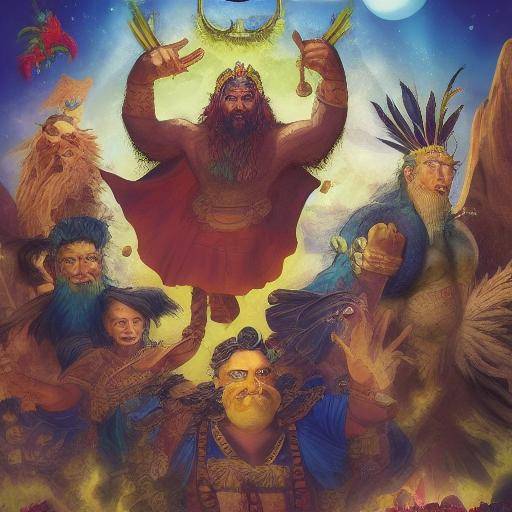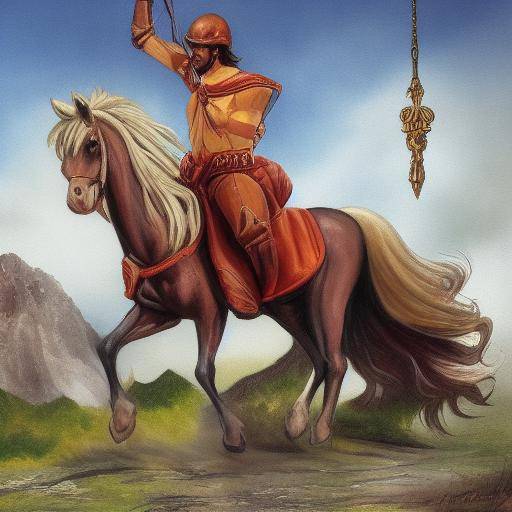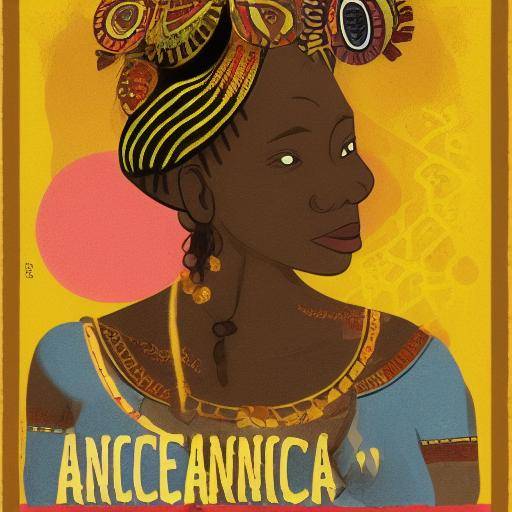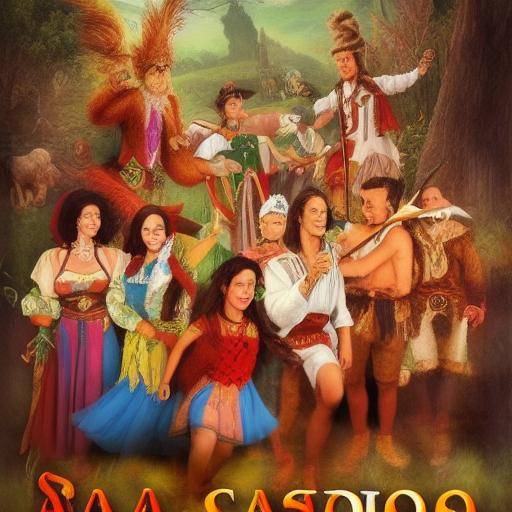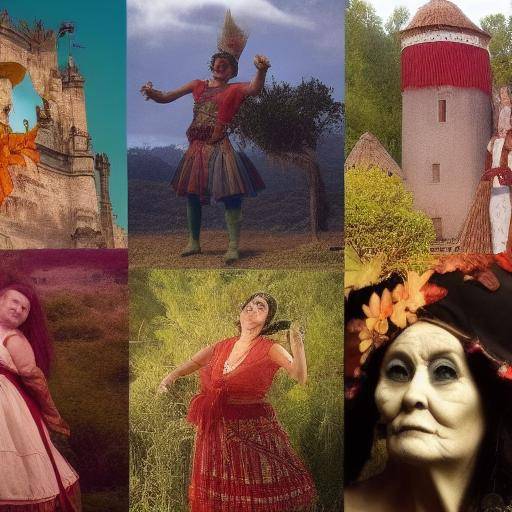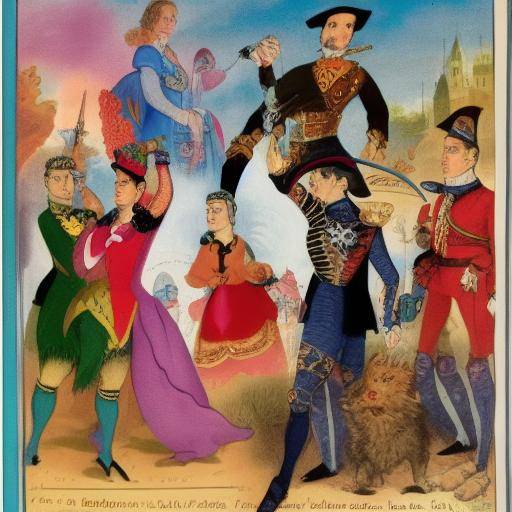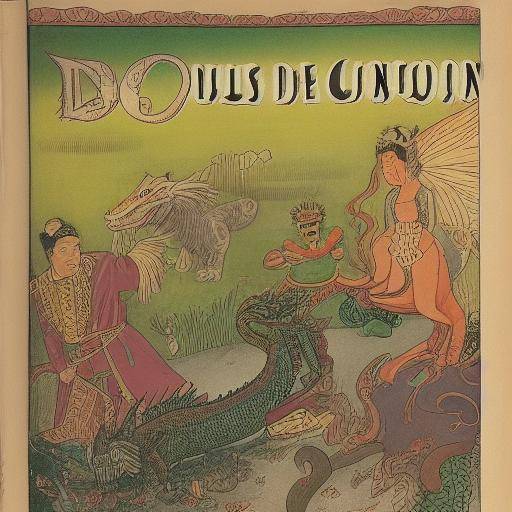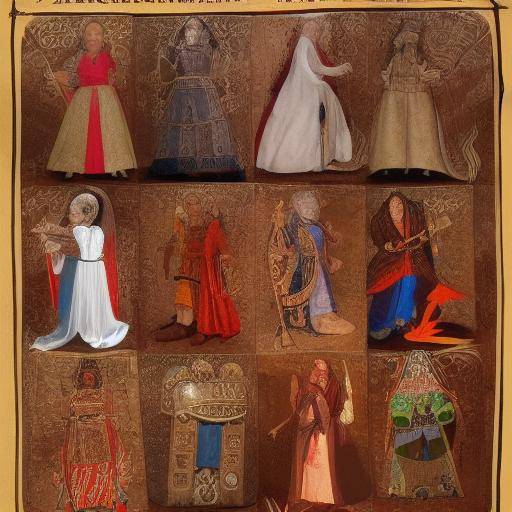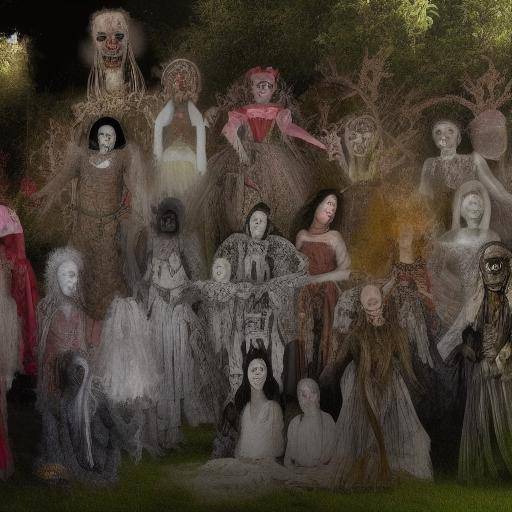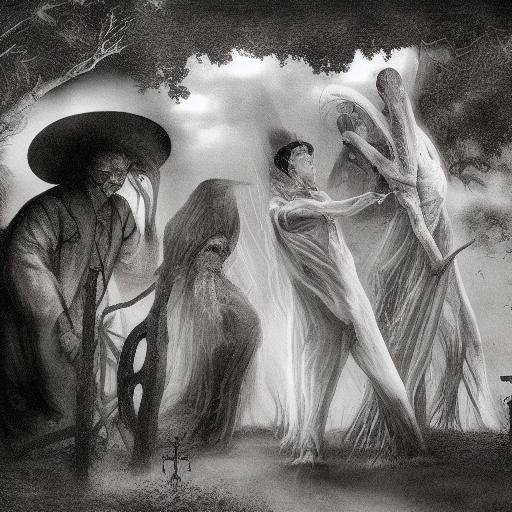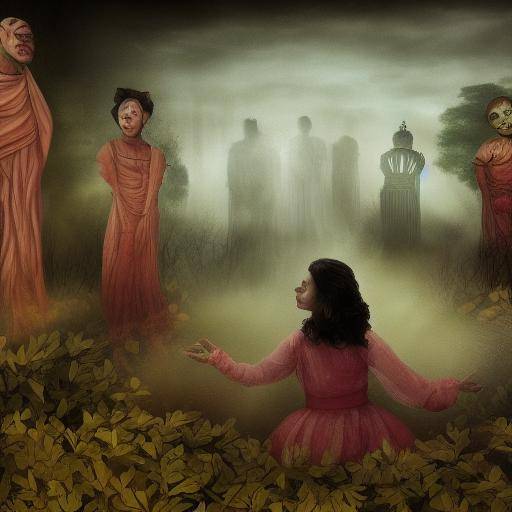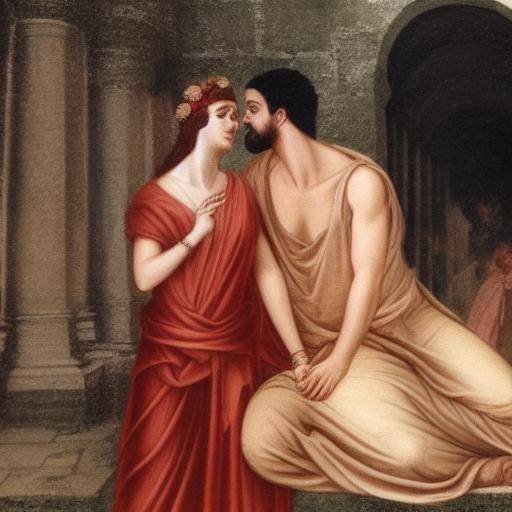
Love has been a recurrent theme throughout history, and Greek mythology is no exception. The stories of passion and tragedy that are intertwined in Greek mythology have captured the imagination of people all over the world for centuries. From the complicated romances of the gods to the tales of human love, Greek mythology offers a fascinating look at the complexities of love. In this article, we will explore the multiple facets of love in Greek mythology, from its origins to its influence on contemporary culture. You will discover the passionate stories of love, jealousy, betrayal and sacrifice that have endured through generations. Get ready to get into a world of emotions and myths that have transcended time!
Introduction: Beauty and Drama of Love in Greek Mythology
In Greek mythology, love is presented in a variety of facets, from divine relations to mortal romances that challenge all odds. The stories of love in Greek mythology are a reflection of the complexities of the human soul: the unbridled passion, the devastating jealousy, the painful betrayal and sometimes the tearing sacrifice. Through these stories, ancient Greeks tried to understand and shape their own human experiences of love and desire. In this fascinating journey through time, we will unravel the myths and legends that have endured and continue to inspire contemporary art, literature and culture.
History and Background: The Evolution of Love in Greek Mythology
Greek mythology has its roots in ancient Greece and extends over thousands of years, deeply influencing Western civilization. From the epic poems attributed to Homer to the tragedies of Esquilo, Sophocles and Euripides, love has been a central theme in mythological narratives. The Greek myths transport us to a world full of gods and heroes, mythical and mortal creatures whose lives intertwine in intensely human dramas. These stories not only reflect the values and beliefs of ancient Greece, but also offer a timeless view of the human condition and the complexities of love.
Love in Greek mythology is multifaceted and often tumultuous. From the forbidden romance between Eros, the god of love, and psyche, a mortal princess, to the tragic history of Orpheus and Eurydice, love in Greek mythology encompasses a wide range of emotions and experiences. The beauty of these stories lies in its ability to move and resonate with humanity over time.
Deep Analysis: Exploring the Dynamics of Love in the Greek Stories
The stories of love in Greek mythology offer a deep look at the dynamics of human relations. Often, these mythological accounts explore universal themes such as desire, betrayal, loyalty and sacrifice. The divine loves, like the passionate romance between Aphrodite, the goddess of love, and Ares, the god of war, reveal an intricate network of jealousy, betrayals and tragic consequences. On the other hand, the stories of love between mortals and semi-gods, such as the legendary union between the Achilles hero and the Amazon Princess, Penthesilea, provide a unique insight into the challenges facing couples in a world marked by the intervention of the gods and the whims of destiny.
Comprehensive Review: The Durable Impact of the Stories of Greek Love
As we explore the stories of love in Greek mythology, it is evident that its influence transcends the pages of ancient texts. These narratives have inspired countless works of art, literature and cinema, and continue to be a source of inspiration for contemporary creators. The universality of the emotions represented in these stories ensures that their relevance lasts over time, resonating with audiences of all cultures and contexts.
Love stories in Greek mythology have also been the subject of interpretation and analysis in various academic fields, including psychology, sociology and comparative literature. These studies have shed light on the complexities of human relations, as well as on how Greek myths continue to shape our perceptions of love and sexuality today.
Comparative Analysis: Entrelacing Love, Mythology and Stories
In considering love in Greek mythology, it is crucial to recognize its interconnection with mythology itself and the stories in which they are rooted. Greek mythology, with its countless tales of divine and human love, provides a vast treasure of narratives that capture the complexities of human relations. The mythical stories reflect and often amplify the longings, conflicts and tragedies that characterize our loving lives.
Practical Tips and Accessible Recommendations
In exploring the stories of love in Greek mythology, it is inevitable to be reflected in the emotions and challenges facing mythological characters. Some practical lessons we can learn from these stories include:
- To value the importance of communication in relationships.
- Recognizing that love, though powerful, can be complicated and painful.
- Accept human limitations and learn to handle feelings like jealousy and betrayal.
- Recognizing that sacrifice and compassion are essential elements in lasting love.
These lessons of Greek mythology can offer a reflective guide to confront the ups and downs of our own relationships and understand the human nature of love.
Industry Perspectives and Expert Reviews
The myths and legends of Greek mythology remain an inexhaustible source of inspiration and reflection for artists, writers and academics. In addition, experts in mythology, ancient history and literature have contributed significantly to our understanding and appreciation of these timeless stories. Their perspectives enrich our interpretation of myths and urge us to question and explore the complexities of love through the centuries.
Case Studies and Real Life Applications
The influence of Greek love stories in contemporary art, literature and culture is evident in many examples. From the artistic representations of passion and desire in the masterpieces of painting to the reinterpretations of myths in novels, films and music, the presence of these stories spread throughout society. These case studies reveal how mythological narratives continue to inspire and be reimagined in the modern context.
Future Trends and Predictions
As the interest in Greek mythology and their love stories grows, we are likely to see further exploration and re-evaluation of these accounts in the future. The continuing evolution of cultural and social perspectives will influence the way they are interpreted and related to these stories. Moreover, with the advancement of technology and the media, mythological narratives are likely to find new forms of expression and scope.
Conclusions
Love in Greek mythology transcends the barriers of time and space, offering a timeless view of the complexities of human relations. Through its stories of passion, tragedy and sacrifice, Greek mythology invites reflection and exploration of universal emotions that connect humanity through generations. As we continue to navigate through the vast legacy of Greek mythology, let us remember that love in all its forms, whether divine or human, remains a powerful force that colors our lives with meaning and emotion.
Frequently asked questions
1. What are some of the most famous love stories in Greek mythology?
Some of the most famous love stories include the romance between Eros (Cupido) and Psique, the tragic story of Orpheus and Eurydice, and the passionate love between Achilles and Patroclo, among many others.
2. How have Greek love stories influenced contemporary culture?
Greek love stories have inspired numerous works of art, literature, music and cinema, and continue to be a source of inspiration for contemporary creators around the world.
3. What practical lessons can we learn from love stories in Greek mythology?
Some practical lessons include the importance of communication in relationships, understanding of the complexity of love and acceptance of human limitations in the context of love.
4. What is the role of experts in interpreting Greek love stories?
Experts in mythology, ancient history and literature provide enriching perspectives that help to understand and appreciate the complexities of Greek love stories through an academic and historical lens.
5. Why are Greek love stories still relevant today?
Greek love stories address universal themes that remain relevant today, such as passion, desire, betrayal, sacrifice and the complexity of human relationships.
6. What is the importance of preserving and transmitting these stories to future generations?
Preserving and transmitting Greek love stories is crucial to enriching our understanding of human condition and preserving an invaluable cultural legacy that has left an indelible mark on literature and art over the centuries.
Conclusion
Love in Greek mythology is a theme that continues to captivate and captivate future generations, offering a deep look at the complexities and nuances of human relations. As we honor and appreciate these ancient love stories, let us remember that their resonance endures in the very fabric of human experience, reminding us that love, in all its forms, is truly timeless and universal.

